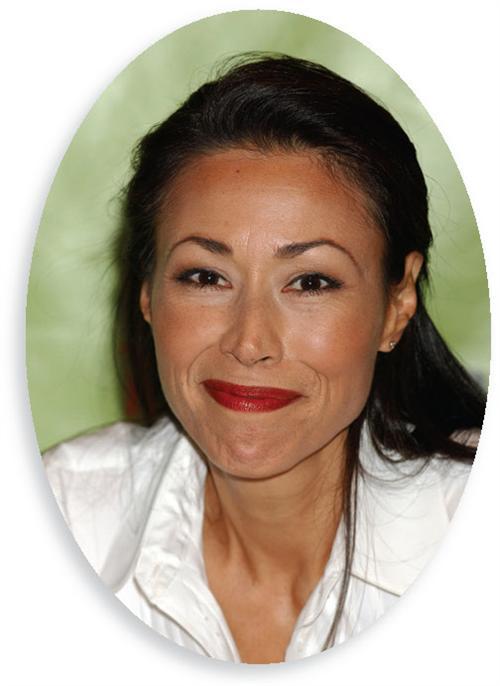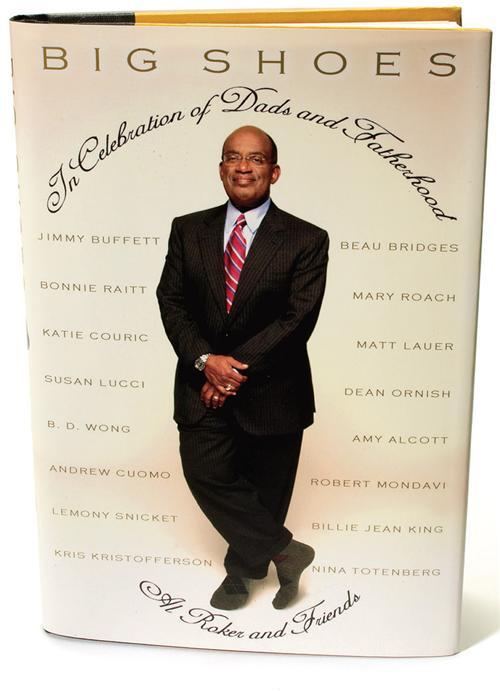Sign up for the Family Tree Newsletter Plus, you’ll receive our 10 Essential Genealogy Research Forms PDF as a special thank you!
Get Your Free Genealogy Forms
"*" indicates required fields
My father, Robert Paul Curry, was a chief petty officer in the US Navy. The Navy was his ticket to a life outside of working at the steel mill in Pueblo, Colo., the only job available for a kid like him, a poor boy raised by a single mother. The war broke out; he was excited about doing something for his country; he joined the military. Later, he would have to go off on tours of duty, and because he has always been a huge force in my life, I remember how I missed him. And I can remember opening the screen door and seeing a flash of light and then seeing the long legs of my 6-foot-3 father, and his dress whites.
The story of how my parents married has given me a great legacy of love and courage. At the end of World War II, my father was sent to Japan to be part of the occupation force. My mother was a poor rice farmer’s daughter. She had traveled into the city to help her family survive, because they hadn’t had any seed to grow rice during the war years. Her cousin got her a job punching tickets on a streetcar. One day this very tall man got on the streetcar, and he wouldn’t get off; he kept riding and riding, and so she took notice of him. She was 4-feet-11 in a kimono-as Japanese as one could get. Eventually, when he asked to take her to go eat noodles, she figured out that he was riding the streetcar because he had taken a fancy to her. She finally agreed to go with a girlfriend to meet him.
They were both 18 years old. He had just joined the military; she had just left the farm. They fell in love and he asked her to marry him; she said yes. But the military told him if he married her, he would turn into a “bamboo American.” So rather than let him marry, the military sent him to Morocco. He had a couple of days, and he went to tell her what had happened. She described being at the train station and him telling her, “I’m coming back,” and her saying, “You guys never come back.”
They didn’t see each other for two years. He wrote and sent money to her family, still struggling in Japan. Eventually Daddy got his papers to go back. He went to her mother’s house and there was a tearful reunion, but then he realized as he was holding her that she was so incredibly small-skeletal. She told him that she had been diagnosed with a terminal case of tuberculosis.
The military wasn’t letting men marry women who had tuberculosis, so they got her sister’s documents and got married; and then my mother had surgery and survived. My father nursed her back to health for months. Her mother, who was against the marriage, finally told her, “You’ll never find a man who will love you this much. I bless your marriage.” They were married until the day my mother died, nearly 50 years.
My father is the biggest influence of my life. He told me, “Ann, you’re the best of both worlds. You never have to choose, you never have to feel ashamed of your ancestors. Your mother and I saw through our prejudices to fall in love and despite all odds stay together-you should be proud of that.” And he would say to me when I was growing up, “So, Ann, when are you going to run for president?” He was saying that there’s nothing you cannot achieve.
ADVERTISEMENT



